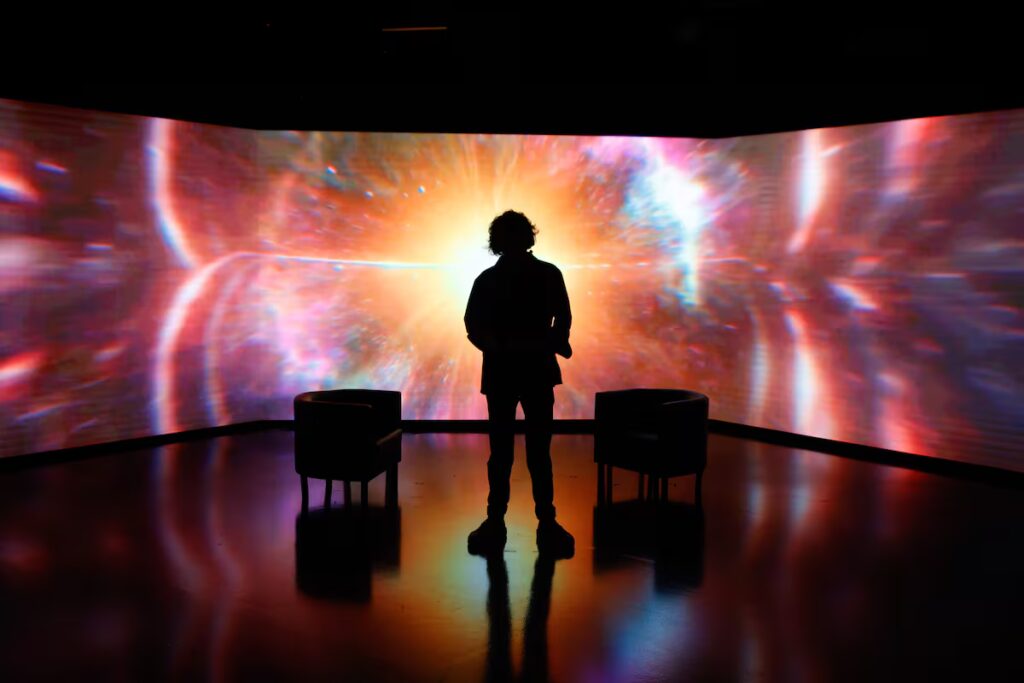Table of Contents
ToggleExploring AI and Ethics in Barcelona
Last Thursday in Barcelona, specifically at the Toresky studio near the beginning of L'Eixample, discussions centered on artificial intelligence (AI) and ethics. The event brought to light pressing questions about our existence within the universe, considering the vast number of planets and the probability of life beyond Earth. Such topics form the backdrop for a deeper inquiry: Can responsible AI be a common good and a viable business opportunity for companies? The focus remains on local implications for Catalonia and broader debates about ethics in technology.
The Transversal Debate on AI Ethics
Current expert discussions label the debate surrounding AI as “transversal.” Key phrases emerged from the dialogue: “Ethics is a human condition, while AI is not,” and “the objective is to enhance citizens' lives.” These sentiments highlight the ongoing tension between regulation and innovation, a central theme during the event organized by Retina, with support from Santander and Google.
Insights from Urban Change Experts
Michael Donaldson, General Director of BIT Habitat at the Barcelona City Council, provided insights into the challenges the city faces, like climate change, the digital divide, and sustainable mobility. He emphasized the need for complex solutions to tackle these modern challenges, arguing that simple answers invite populism. Donaldson highlighted the unique role cities play in adapting to these issues, stressing that “the key is to solve relevant problems in a responsible manner.”
Technology and Citizen Interaction
The Barcelona City Council aims to use technology to improve public services, demonstrating their capability to change urban spaces. Donaldson pointed out that ethical standards such as data privacy, digital identity, and non-discrimination should govern AI implementations in the city. He shared experiences from the pandemic, such as using drones for crowd management, and expressed the ongoing commitment to advancing public transport efficiency through AI technology.
Innovations in Public Spaces
Future projects include using AI to transform public spaces into more human-centered environments. An upcoming installation will allow AI to create musical compositions from the movement patterns of citizens. This initiative seeks to demonstrate that AI technology is accessible and integral to everyday life. The City Council participates in a network of over 60 cities working on open-source platforms to engage with citizens effectively.
The Human Element in AI Ethics
Discussions about ethics in AI were further explored by Irene Unceta, a professor at Esade business school. She emphasized that ethics is inherently human and should be embedded throughout the AI development process, raising critical questions about design, user interaction, and data processing. The call for ethical considerations at the outset of development aligns with a need for awareness regarding user privacy and intentionality in decisions made by AI systems.
Future-Ready Governance and Collaboration
Jaume Miralles, the new General Director of Artificial Intelligence, Efficiency, and Data for the Generalitat of Catalonia, outlined his approach towards responsible AI. Highlighting the importance of unifying data for public service efficiency, he pointed out that while AI will assist in many tasks, the decision-making will ultimately remain with people. He expressed a commitment to ensuring AI systems are beneficial, especially for vulnerable populations, while also exploring the integration of AI technology in governance to improve citizen engagement.
As Barcelona continues its journey into the complexities of AI and ethics, ongoing collaborations and innovative developments signal a progressive approach to citizen-focused public service and technology integration.









